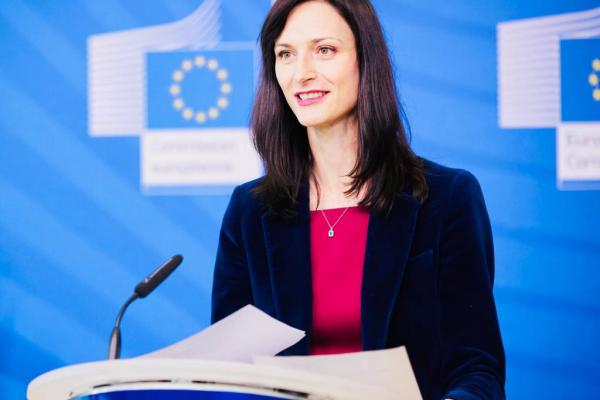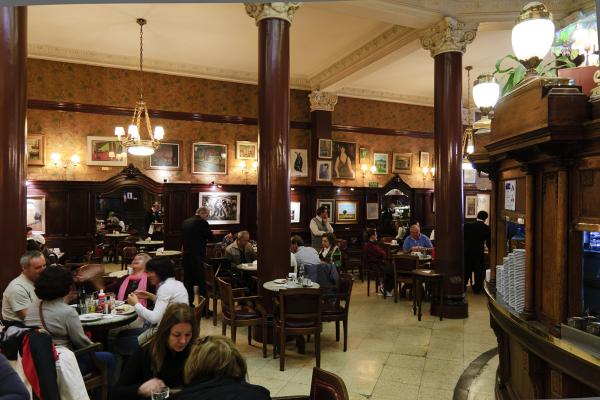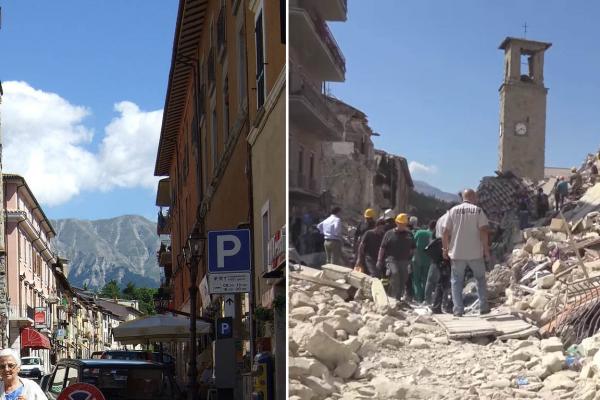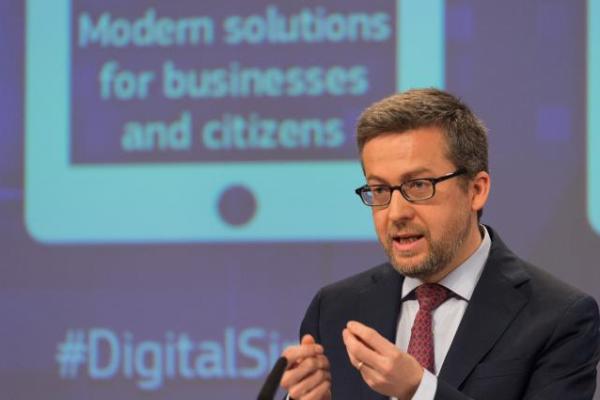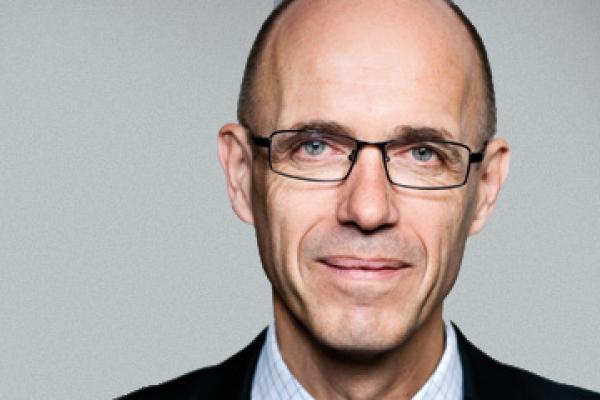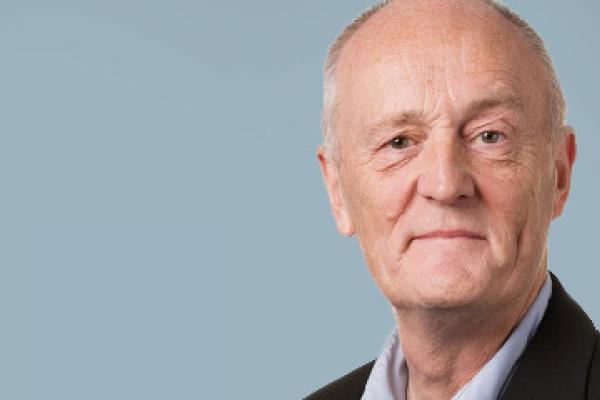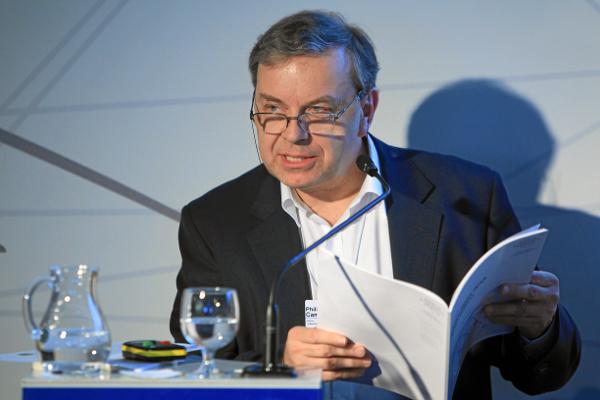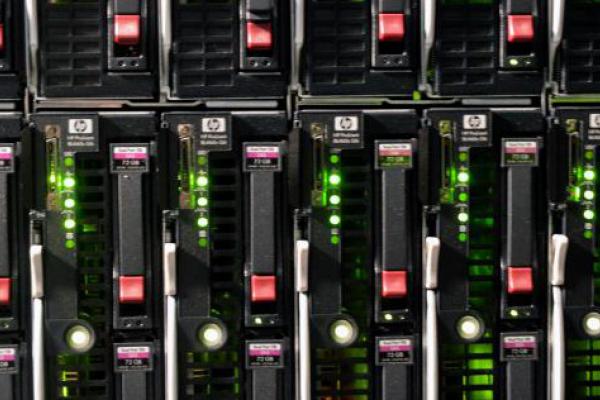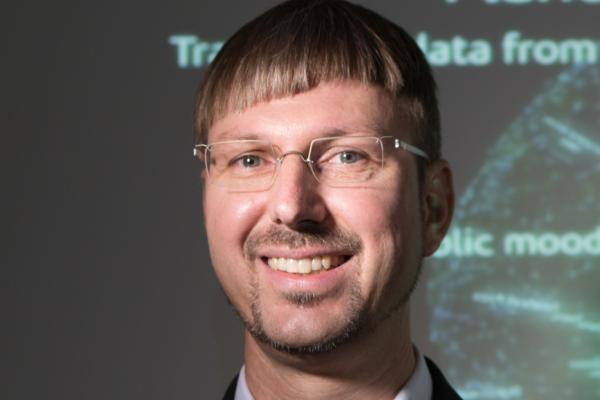The EU has adjusted its 2017 research funding plans to help bring science to bear on Europe's migration problem, enhance open science and increase innovation.
The EU has outlined its plans for a European Open Science Cloud that will bring together existing infrastructures and open up scientific data across disciplines and across Member States.
The EU’s new Scientific Advice Mechanism (SAM) panel will deliver its first official advice to the European Commission – on how to close the gap between vehicle CO2 emission levels in the real world…
Europe’s researchers have access to super-fast networks, common data storage facilities, and shared computing resources. The challenge now is to link them all together into a single science cloud.
Open science should mean that citizens have the chance to put questions to scientists and have a say on the kind of innovations that are being funded, according to Professor Alan Irwin from the…
From birdwatchers travelling across the globe to stargazers watching the planets from their bedrooms - everyone can now be a scientist.
Researchers and funding agencies will foot the cost of publishing academic papers rather than readers, as academic journals adapt to a world in which open access becomes increasingly important,…
The falling cost of gene sequencing and the prevalence of healthcare monitoring gadgets means our bodies will become data clouds that give us an early warning for diseases like cancer and…
Europe needs to pursue a different strategy from Silicon Valley if it is going to reap the social and economic benefits of big data, according to Dirk Helbing, Professor of Computational Social…


